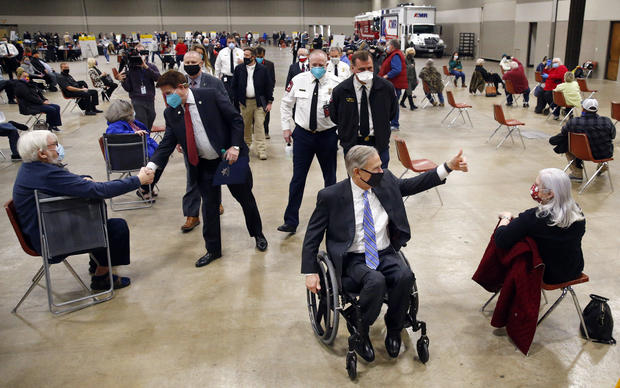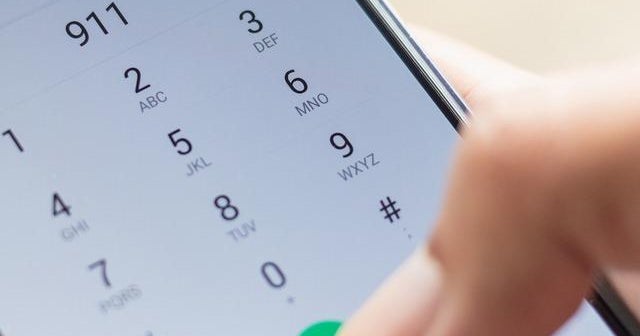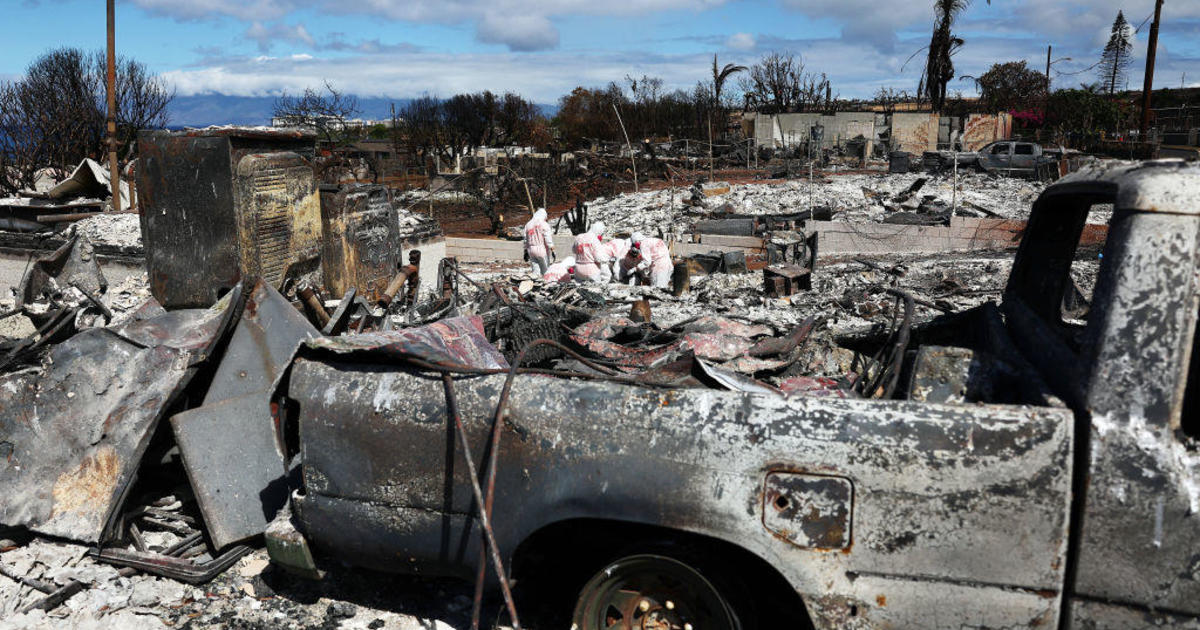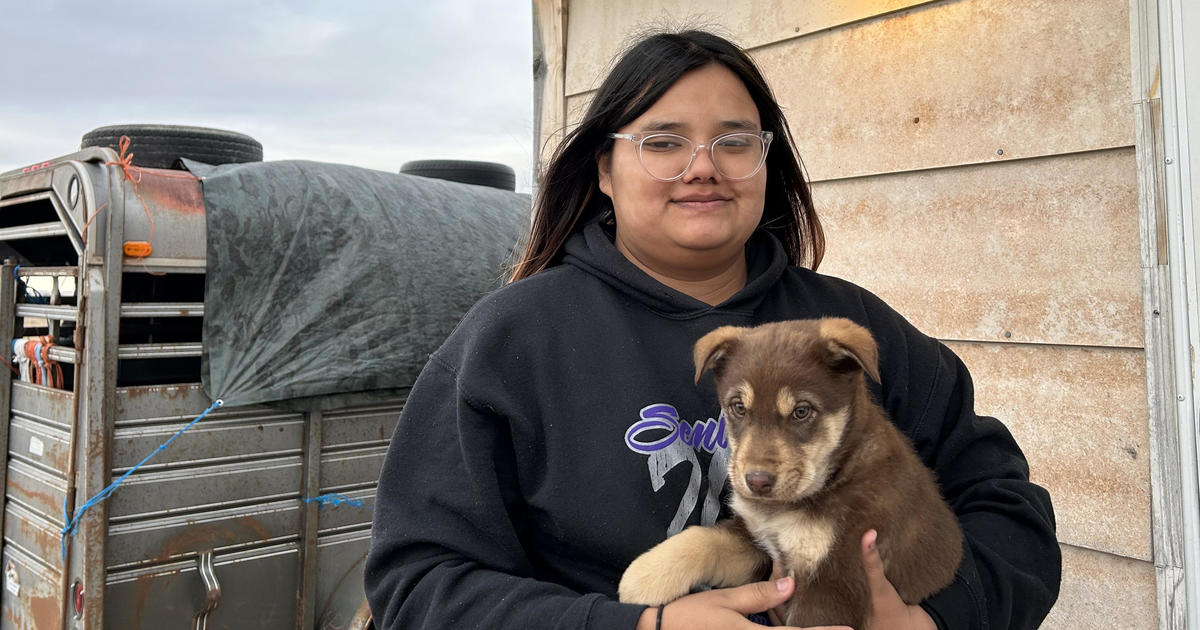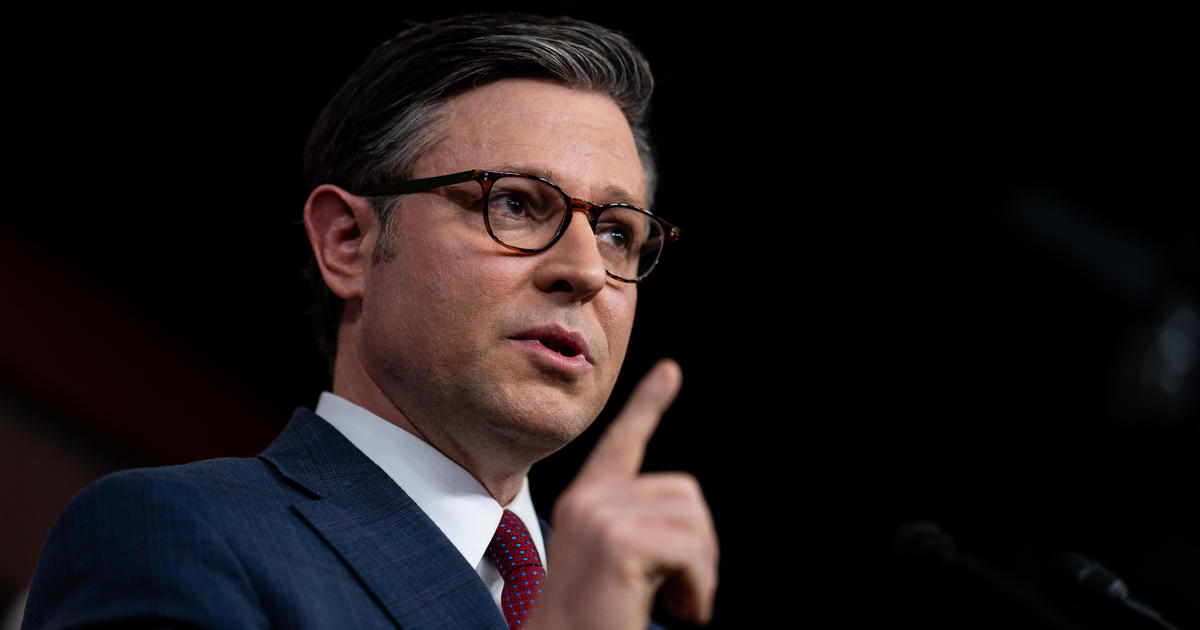Texas says prioritizing Dallas areas most vulnerable to COVID-19 for vaccination doesn't comply with state guidelines
Dallas County commissioners agreed on Tuesday to prioritize vaccinating residents in zip codes that appear to be most vulnerable to the COVID-19 pandemic. But leaders backed down from the plan a day later, after the state threatened to cut the city's vaccine supply and said the plan was "out of compliance with the previously agreed upon guidelines."
The outlined plan would have prioritized certain zip codes for vaccine distribution at the county's Fair Park distribution center. The county would still have followed the tier system established by the state that determined which groups were eligible for the vaccine — but within those groups, residents of those zip codes would get priority.
During the Tuesday meeting, the commissioners said prioritization would entail "exhausting" all efforts to help people in the vulnerable areas get vaccination appointments every open day in the county's online appointment system. Once they had put forth a "good faith effort" to do so, people from other areas could make appointments.
"You'll always have a little bit [of appointments] for the rest of Dallas County," Commissioner J.J. Koch said. "We're not excluding them."
A briefing document said the plan would mandate that "Vaccine distribution in Dallas County must start with priority zip codes and move on to the rest of the County when supply allows," adding, "When moving on to the next tier, the distribution must only begin with priority zip codes and not include the entire County, unless there is broad supply."
The county said it prioritized zip codes listed by research firm PCCI as having high scores on its "vulnerability index." According to PCCI, the index evaluates factors including prevalence of comorbidities, the ability to social distance, and socioeconomic status. The majority of the zip codes they had planned to prioritize, according to Dallas' interactive database, have some of the highest numbers of new cases in the past two weeks in the county.
Because the zip codes selected for prioritization are based on this system, commissioners in support of the move agreed that the areas receiving priority could change if the data shifted.
Those zip codes are primarily comprised of Black and Latino individuals, who the CDC says are more susceptible to contract, be hospitalized by, and die from the disease.
Out of the 79,010 who live in zip code 75211, for example, 71,800 are Black, Hispanic or Latino, according to the database, and more than 6,300 people are aged 65 or older.
According to a briefing from the commissioners court, the Texas Department of State Health Services gave written notice to the commission on Wednesday that the order "is out of compliance with the previously agreed upon guidelines."
CBS Dallas-Fort Worth reported that in the letter, the state warned that the plan conflicts "with the stated goals of the DSHS and the state of Texas that vaccine be distributed as widely and equitably as possible in communities across the state."
Dr. Philip Huang, director of Dallas County Health and Human Services, said during an emergency commission meeting on Wednesday that if the county failed to rescind the plan by 8 a.m. on Thursday, the state said they would no longer receive their scheduled vaccines.
"They have us down for 9,000 doses for next week, and if they don't hear about us having this resolved, then they will either definitely cut back, or I guess, cancel our dose," he said.
The commissioners voted on Wednesday to rescind the plan.
"We just need to do what they ask us to do," said Dallas County Judge Clay Jenkins. "Rescind the order. We can bring it back another day."
But Commissioner J.J. Koch criticized Jenkins at the meeting, saying he had been "disingenuous" with the state when informing it of Dallas' vaccination plan. Jenkins had sent a letter to the state about the commission's vaccine prioritization plans, CBS Dallas-Fort Worth reported.
"You made clear to the state that we were shutting people out entirely that weren't in those zip codes. That's not the case," Koch said, saying that other people should and would have been able to also get the vaccines.
Last week, the county only allowed residents 75 and older to make vaccination appointments, according to CBS affiliate KYTX. Koch spoke out against that choice during the Tuesday meeting, arguing that the county's current prioritizations shut out minority residents.
"Those that are over 75, those that have made it this far in life, are wealthier and Whiter. They tend to be those that are living in single-family homes, have enough wealth and ability to keep themselves properly segregated from other folks as to not get the disease," Koch said. "We're missing in that 65-75 [age range], [where] there is a tremendous amount of those who are Latino, African-American, that are still in the work-force, in multi-generational family housing...and not in a position where they can sequester themselves off from a lot of other folks."
"We've prioritized folks because of a number without really looking at who those individuals are in our geography," he said.
Chris Van Deusen, director of media relations for the Texas Department of State Health Services, told CBS News that vaccination hub providers are required to "ensure they are vaccinating people in the hardest hit areas and populations, but they cannot do that to the exclusion of literally everyone else."
"In exchange for receiving an increased and consistent amount of vaccine, all hub providers have agreed to vaccinate people without regard to where they live, including from surrounding counties. The purpose of being a hub is to provide vaccine to wide communities," Van Deusen said. "[Dallas County Commissioners Court] can use some of their vaccine to target specific groups or areas, but they can't do that with everything and remain a hub provider."
